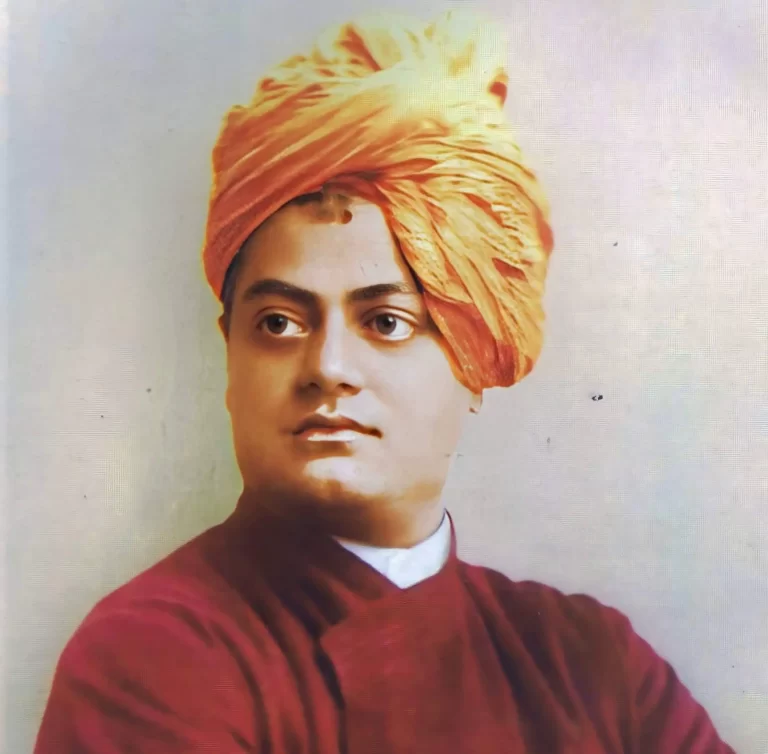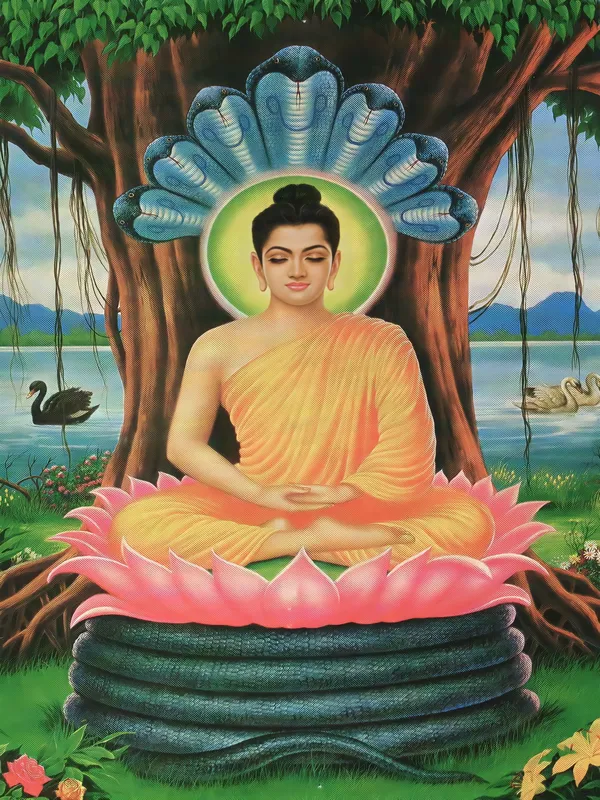Pitra Paksha: Honoring Ancestors and Cultivating Ancestral Connections
Introduction:
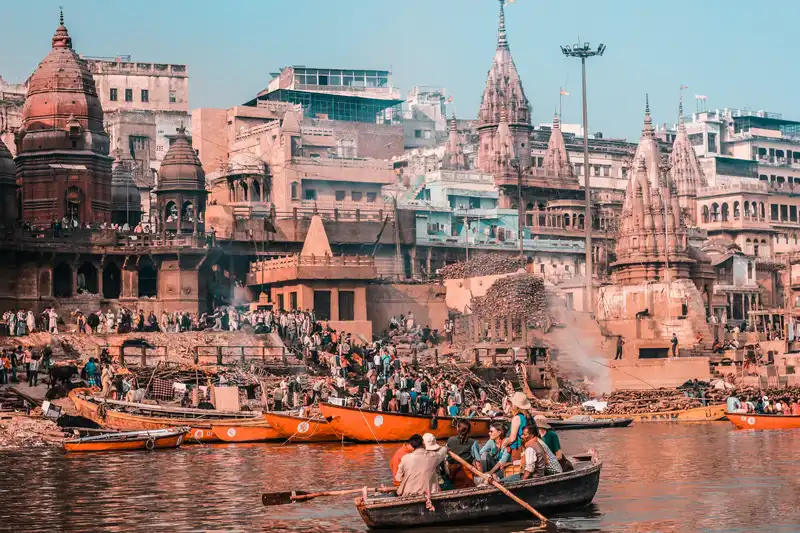
Within the domain of ancestral veneration, the Hindu calendar unveils a distinctive period termed Pitra Paksha. Extending over a span of 16 lunar days, Pitra Paksha designates an exclusive interval for commemorating and bestowing offerings upon forebears. Manifesting during the waning phase of the moon, this temporal juncture holds profound significance across the Hindu diaspora. Kinfolk unite to pay homage to their progenitors, seeking to absolve ancestral responsibilities and ensure their posthumous welfare. This juncture amalgamates gravity and unity, as individuals ruminate upon the lineage that has sculpted their being.
Amid the varied tapestry of human traditions, the esteem for forefathers persists as an abiding cornerstone. Pitra Paksha, nestled within the intricacies of the Hindu calendar, embodies this ubiquitous ambition to pay homage to antecedents. Through its spiritual profundity, cultural reverberation, and emotive catharsis, Pitra Paksha erects a conduit spanning epochs, permitting the bygone to illuminate the present and shepherd the future.
Understanding Pitra Paksha:
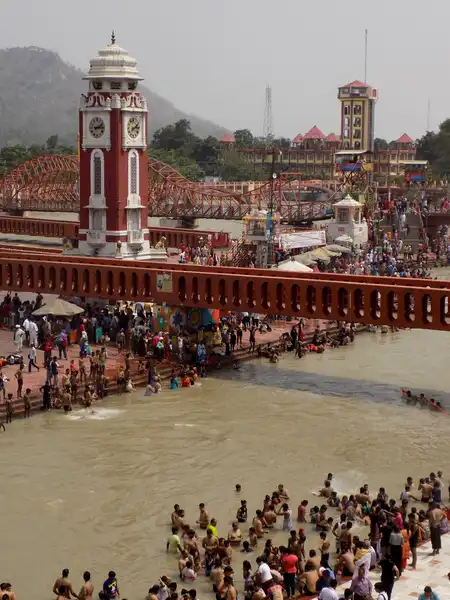
The term “Pitra Paksha,” translating as the “Fortnight of Ancestors,” bears profound significance within the Hindu calendar. This dedicated span serves as a conduit connecting the realm of the living with that of the departed, as families unite to pay homage to their forefathers. Set against the backdrop of the waning lunar phase of Ashwin, Pitra Paksha occupies a pivotal space in the hearts of Hindus across the globe.
Strategically positioned within the lunar cycle, Pitra Paksha aligns precisely with the moon’s waning phase. As the moon gradually wanes, Hindu belief postulates that the boundaries demarcating the domains of the living and the deceased begin to fade. This transition signifies a unique opportunity for communion with departed souls. The celestial choreography of the waning moon harmonizes with the spiritual aspirations of individuals who seek to honor their ancestors.
Central to Pitra Paksha is the conviction that, during this juncture, the souls of the departed return to their earthly families. Families engage in rituals and ceremonies, presenting sustenance, water, and prayers to their ancestors. These offerings, known as “Shraadh,” are thought to nourish the souls and release them from any residual obligations. This act of remembrance not only nurtures the spiritual connection but also embodies a profound cultural reverence for heritage and origins.
Spiritual Significance of Pitra Paksha:

The observance of Pitra Paksha carries profound spiritual significance in Hindu tradition, serving as a channel for the spiritual journey of both the living and the departed. Rooted firmly in karma and the cycle of birth and rebirth, Pitra Paksha acts as a sacred juncture through which the living can influence the path of their ancestors’ souls.
At the core of Pitra Paksha lies the belief that performing rituals and offering homage can substantially aid the souls of the departed in navigating their post-mortal voyage. The Hindu faith holds that offerings of sustenance, water, and prayers during this period provide nourishment to the souls, easing their transition through the realms beyond. By extending these tokens of affection and remembrance, families seek to alleviate potential karmic entanglements that might obstruct the souls’ journey towards liberation.
Pitra Paksha stands as a poignant reflection of the transient nature intrinsic to human existence. As the moon wanes, it mirrors the fleeting essence of life itself, prompting contemplation on the ephemeral quality of the physical realm. This phase acts as a reminder that all life forms, including ancestral souls, are subject to this universal decree. Furthermore, Pitra Paksha intricately weaves the threads of interconnection spanning generations. It underscores the idea that the present merges with the past, while the future will, in turn, be shaped by the present. This cyclical insight is deeply interwoven into the spiritual fabric of Pitra Paksha.
Rituals and Practices:
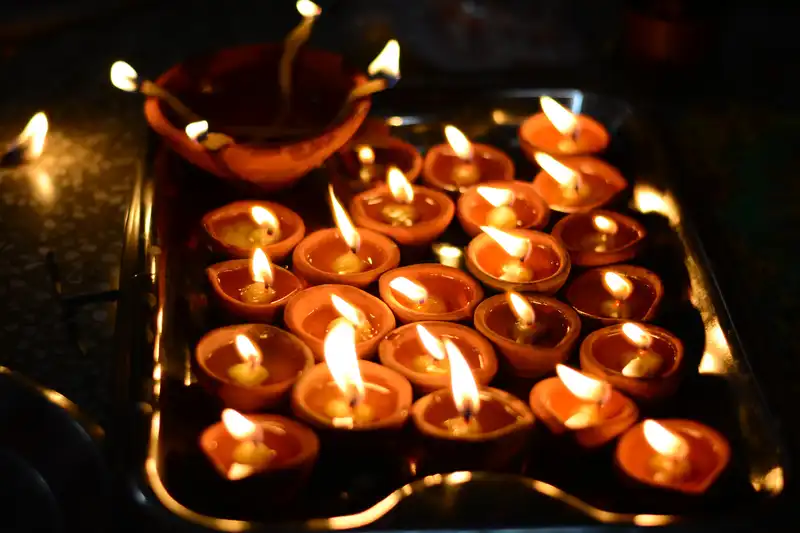
Pitra Paksha occupies a revered space within Hindu traditions, offering a time for families to engage in a sequence of rituals that strengthen and deepen their connections with ancestors who have passed away. These rituals, steeped in devotion and deep respect, encompass a wide array of offerings and ceremonies spanning the fortnight.
Throughout Pitra Paksha, families engage in a sincere act of providing food, water, and symbolic items to their ancestors. These offerings are thought to provide sustenance to the spirits and aid them on their journey beyond earthly life. The food placed on altars or by water sources symbolizes the enduring nature of familial bonds transcending mortal boundaries. Water, a symbol of purification, signifies cleansing and renewal for the departed souls.
Accompanying these tangible tributes are invocations and rituals of significant spiritual import. With unwavering dedication, families perform these rituals, aiming to establish a connection with their ancestors and convey their love and reverence. These invocations are believed to reach the spirits of the departed, offering them comfort and strengthening their passage through the realms beyond life. Through these rituals, families express their longing for blessings and guidance from their ancestors.
At the heart of Pitra Paksha are the “Shraddha” rites, integral to the process of ancestral homage. These rites encompass intricate rituals conducted by families to honor specific ancestors, often spanning three generations. The offerings made during Shraddha rites are dedicated to the souls of deceased family members, intended to provide them solace and facilitate their spiritual journey. Furthermore, these rites serve a dual purpose – nurturing the departed souls while also seeking blessings for the living family members. The underlying belief is that the blessings of ancestors can guide and protect the current and future generations of the family.
Tarpan and Shraddha:
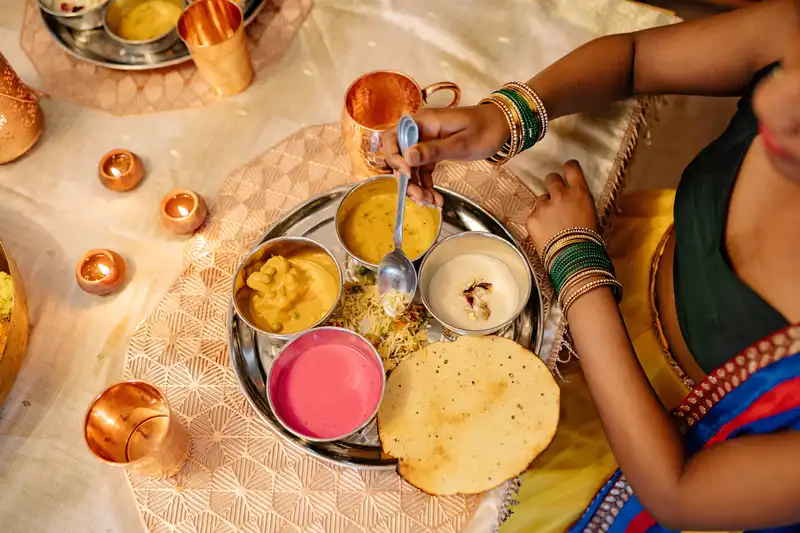
Pitra Paksha, known as the “Fortnight of Ancestors,” stands as a period of profound reverence, during which Hindus participate in rituals such as “Tarpan” and “Shraddha” to honor their forefathers. These practices, deeply entrenched in spiritual faith and tradition, carry intricate symbolic weight that transcends the boundaries of life and death.
“Tarpan” involves the ritualistic offering of water and food to departed souls. This observance symbolizes the act of providing sustenance to ancestors in the realm beyond. Water, representing purity and life, is presented as a libation, quenching the metaphysical thirst of the souls. The offerings of food mirror the nourishment provided in earthly life, establishing a sense of unbroken continuity that connects the living with the departed. Through Tarpan, families express enduring care and affection, recognizing the perpetual presence of souls in their lives.
“Shraddha” ceremonies encompass a more intricate and comprehensive approach to honoring ancestors. These ceremonies entail specific rituals, prayers, and tributes conducted by either a family member or a priest. Shraddha is often observed on designated days within Pitra Paksha, notably the “Mahalaya Amavasya.” These rituals are directed towards specific ancestors and can span multiple generations. Elaborate meals are prepared, symbolizing abundance shared with the departed. The act of offering food is believed to aid the souls’ peaceful transition to the afterlife.
The symbolic depth of Tarpan and Shraddha extends beyond tangible offerings. These practices underscore the spiritual connection that binds the living and the departed, highlighting the interwoven legacy of successive generations. The act of providing sustenance reflects the belief that the souls of ancestors continue to influence and guide their descendants. Through these rituals, families endeavor to honor the wisdom and sacrifices passed down through their lineage, bridging the gap between terrestrial existence and the enigmatic realms that lie beyond.
The Belief in Ancestral Blessings:
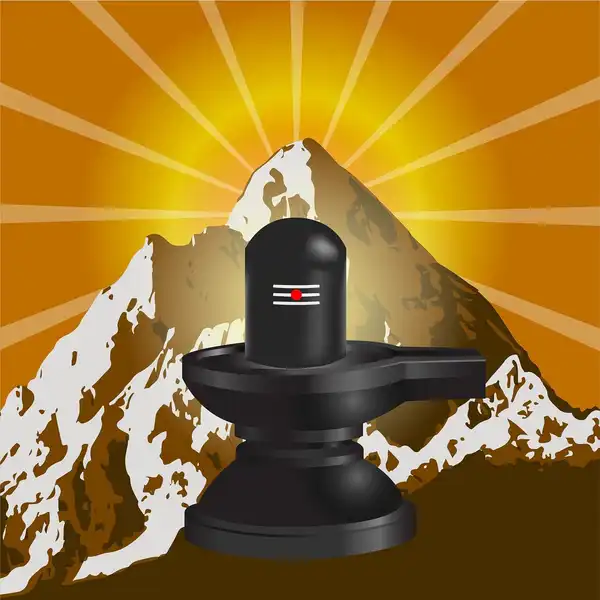
The act of honoring ancestors embodies a profound belief that by paying homage to those who have transcended, individuals invite blessings, protection, and positive energy into their lives. This conviction underscores a spiritual connection that transcends the boundary between the living and the departed, resonating across diverse cultures worldwide.
Throughout various traditions, including the observance of Pitra Paksha, the common belief persists that ancestors who have passed away continue to influence the paths of their descendants. Through rituals, invocations, and offerings that extol these forebears, families seek their blessings for prosperity and well-being. These blessings encompass more than just material wealth; they encompass emotional tranquility, psychological strength, and family unity. Ancestral blessings are viewed as a guiding light, aiding individuals in navigating life’s challenges and fluctuations.
The influence of ancestors who have crossed into the afterlife is perceived as an ongoing source of guidance and protection. Their wisdom and life experiences are believed to transcend the boundaries of life and death, offering insights to their living descendants. Ancestors are considered watchful guardians of their kin, ensuring the continuity of their legacies and the success of future generations. By seeking blessings from ancestors, families aim to cultivate a sense of balance and stability, fostering a connection and rootedness in the face of an ever-changing world.
Venerating ancestors goes beyond simply seeking favor; it is also about nurturing positive energy within the continuum of the family lineage. By recognizing the sacrifices and contributions of forebears, individuals tap into a wellspring of collective strength. This recognition fosters feelings of gratitude and homage, perpetuating an atmosphere of positivity that infuses the present and future of the family.
Karma and Ancestral Liberation:
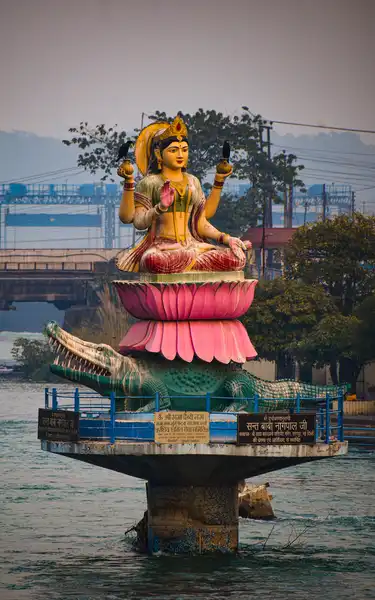
The concept of “Pitru Dosha” intricately intertwines with the observance of Pitra Paksha. This concept pertains to adverse karmic influences that can arise due to unresolved wrongdoings, unfulfilled responsibilities, or lingering issues associated with ancestors. Pitra Paksha provides an auspicious opportunity for families to engage in rituals aimed at rectifying these imbalances and seeking liberation for the souls of their ancestors.
During Pitra Paksha, families participate in rituals with the intention of seeking forgiveness and reconciliation for any ancestral transgressions. The belief centers around the idea that these rituals can mitigate the negative karmic effects affecting the family. The rituals encompass prayers, offerings, and acts of service dedicated to the departed, symbolizing a genuine effort to mend past wrongs. This pursuit of forgiveness and restoration aligns with the belief in the interconnectedness of actions and consequences, highlighting the importance of addressing residual negative energies within the lineage.
Another crucial aspect of Pitra Paksha is the belief in the emancipation of ancestors through the prayers and offerings made by their living descendants. It is believed that the offerings during this period provide nourishment and comfort to the departed spirits, aiding them in their metaphysical journey. Through these rituals, families actively contribute to freeing their ancestors, assisting them in breaking free from any karmic limitations that might hinder their progress. This display of homage and remembrance serves as a beacon of hope, illustrating the power of love and dedication in transcending the limitations of the physical realm.
Balancing Tradition and Modern Life:
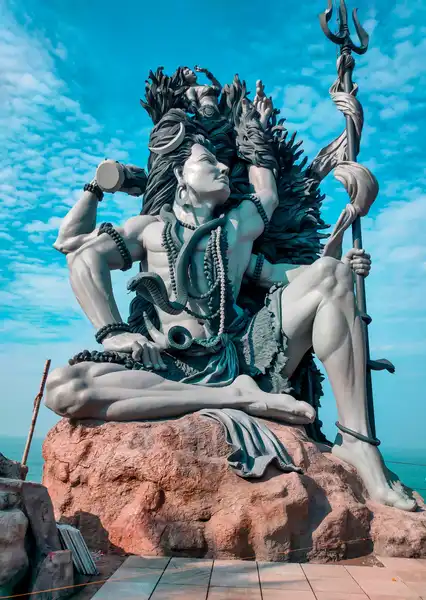
Amid the rapid pace of today’s world, modern families strive to honor the tradition of Pitra Paksha while managing their busy lives. This sacred period, rooted in reverence for ancestors, requires a delicate balance between timeless customs and the demands of the modern era.
The digital age has introduced new dimensions to the observance of Pitra Paksha. Families spread across different regions or even continents can now participate in rituals through technology. Virtual offerings, online invocations, and video conferencing serve as means of connection, enabling family members to come together despite geographical distances. This digital transformation showcases how traditions can adapt to changing times, allowing Pitra Paksha observance to overcome geographical barriers.
While technology provides convenience, preserving the spiritual essence of Pitra Paksha remains paramount. Despite the fast pace of modern life, families understand the importance of setting aside time to honor their ancestors. Even as rituals conform to contemporary constraints, the fundamental values of love, respect, and remembrance remain evident. Whether performed in person or virtually, the act of offering stands as a testament to the enduring bonds that transcend time and space.
Amid the currents of modernity, the observance of Pitra Paksha acts as a unifying force, prompting families to reflect on their origins and the eternal cycle of life. As individuals navigate their busy lives, this observance becomes a bridge that connects generations and preserves cultural heritage. It emphasizes the significance of creating moments for introspection, remembrance, and connection amidst the myriad pressures of modern existence.
Reflection and Connection:
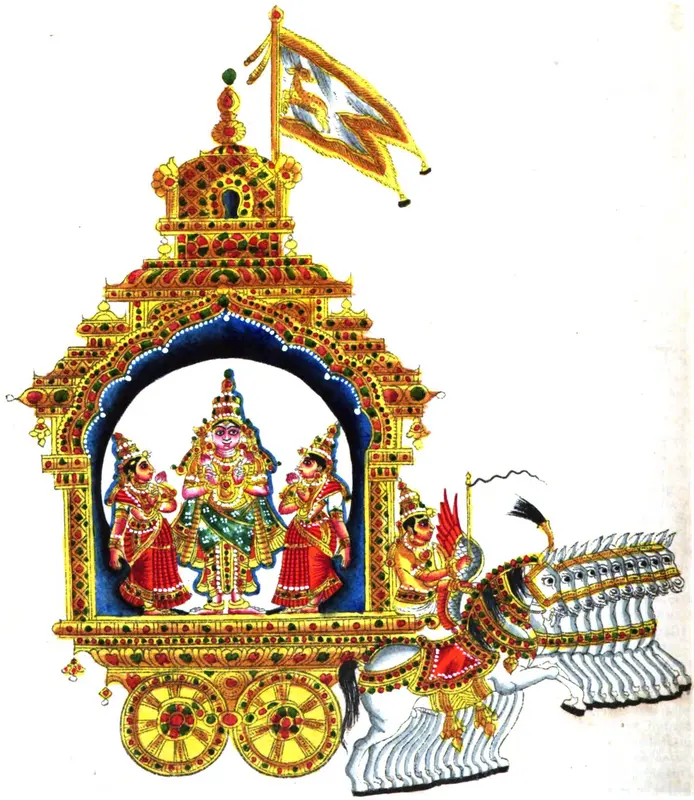
At its core, Pitra Paksha transcends the boundaries of rituals and offerings, evolving into a profound journey of gratitude and familial unity. Beyond the tangible acts of remembrance, this sacred period holds the potential to cultivate a deeper understanding of the interconnected tapestry spanning generations and the enduring impact of our ancestors on our lives.
Pitra Paksha serves as a window for introspection, offering a moment to reflect on the sacrifices and contributions of those who came before us. Through prayers, sustenance, and water, we acknowledge the debts we owe to our forebears for the paths they paved and the legacies they left behind. This introspection nurtures gratitude, leading us to recognize that our existence is an amalgamation of their struggles and victories, and that we stand on the foundations laid by those who envisioned before us.
Amid the whirlwind of daily life, Pitra Paksha becomes a haven for introspection. It prompts us to delve into the significance of ancestral bonds – the wisdom they carry, the values they instilled, and the stories that connect us across time. This phase encourages us to explore the web of influences shaping our identities and how the aspirations of our ancestors continue to guide us in subtle yet significant ways.
Pitra Paksha underscores the importance of passing down traditions and narratives to future generations. In a rapidly changing world, this observance transforms into a conduit bridging the past and the present, carrying forward the flame of culture and heritage. By participating in these practices, families ensure the endurance of their ancestors’ legacy, fostering a sense of continuity and grounding that transcends the fleeting nature of modern existence.
Conclusion:
पितृस्तोत्र (Pitri Stotra)
अर्चितानाममूर्तानां पितृणां दीप्ततेजसाम् ।
नमस्यामि सदा तेषां ध्यानिनां दिव्यचक्षुषाम् ॥
इन्द्रादीनां च नेतारो दक्षमारीचयोस्तथा ।
सप्तर्षीणां तथान्येषां तान् नमस्यामि कामदान् ॥
मन्वादीनां मुनीन्द्राणां सूर्याचन्द्रमसोस्तथा ।
तान् नमस्याम्यहं सर्वान् पितृनप्सूदधावपि ॥
नक्षत्राणां ग्रहाणां च वाय्वग्न्योर्नभसस्तथा।
द्यावापृथिवोव्योश्च तथा नमस्यामि कृताञ्जलि: ॥
देवर्षीणां जनितृंश्च सर्वलोकनमस्कृतान् ।
अक्षय्यस्य सदा दातृन् नमस्येsहं कृताञ्जलि: ॥
प्रजापते: कश्यपाय सोमाय वरुणाय च ।
योगेश्वरेभ्यश्च सदा नमस्यामि कृताञ्जलि: ॥
नमो गणेभ्य: सप्तभ्यस्तथा लोकेषु सप्तसु ।
स्वयम्भुवे नमस्यामि ब्रह्मणे योगचक्षुषे ॥
सोमाधारान् पितृगणान् योगमूर्तिधरांस्तथा ।
नमस्यामि तथा सोमं पितरं जगतामहम् ॥
अग्रिरूपांस्तथैवान्यान् नमस्यामि पितृनहम् ।
अग्नीषोममयं विश्वं यत एतदशेषत: ॥
ये तु तेजसि ये चैते सोमसूर्याग्निमूर्तय:।
जगत्स्वरूपिणश्चैव तथा ब्रह्मस्वरूपिण: ॥
तेभ्योखिलेभ्यो योगिभ्य: पितृभ्यो यतमानस:।
नमो नमो नमस्ते मे प्रसीदन्तु स्वधाभुज: ॥
I offer my eternal salutations to those revered ancestors, adored by all, radiant, transcendental, deeply contemplative, and bestowed with divine sight.
I bow before those ancestors who lead the celestial hierarchy—Indra, Daksh, Marich, the Saptarishis, and others—fulfilling aspirations and guiding all.
My reverence extends to all forebears—Manu, noble sages, celestial beings, and even the luminaries of the sun and moon, residing in waters and seas alike.
With folded hands, I pay homage to the ancestors guiding the stars, planets, elements, encompassing the realms of air, fire, sky, heaven, and the earthly realm.
I extend my respects to the ancestors who impart wisdom to celestial sages, revered across all realms, bestowing everlasting blessings.
I forever honor, with folded hands, the ancestors in the forms of Prajapati, Kashyap, Soma, Varun, and Yogeshwar.
Salutations to the seven ancestral figures dwelling across the seven realms. I offer my respects to the self-sustaining Brahmaji, the yogic visionary.
I pay homage to the lunar-based ancestors, existing in yoga, and revere Soma, the progenitor of the entire cosmos.
I bow to the other ancestors embodied in fire, for this world brims with the essence of fire and Soma.
With a steadfast mind, I offer my obeisance to all yogic ancestors, radiant like the sun, moon, and fire, constituting the essence of the universe and the embodiment of Brahma.
I offer continuous salutations. May those ancestors, appeased by my offerings of swadha, bestow their blessings upon me.
Pitra Paksha, the Fortnight of Ancestors, encapsulates a profound spiritual essence that transcends temporal and spatial boundaries. At its core, it provides a dedicated period to honor and establish connections with our ancestors, recognizing their enduring impact on our lives. This observance acts as a bridge connecting the realms of the living and the departed, serving as a conduit for blessings, forgiveness, and remembrance.
Let Pitra Paksha be more than just a date on the calendar; let it be an eternal journey of the heart. Whether through traditional rituals or contemporary adaptations, engage in its observance to pay tribute to those who have shaped history. This presents an opportunity to nurture family bonds, reflect on the wisdom of our ancestors, and integrate their insights into our present reality. Let us unite across generations, for within the embrace of Pitra Paksha resides the vitality of our shared story, the harmony of our communal essence, and the enduring gratitude that binds us to the legacy of our forefathers.
I aspire for this article to provide you with assistance. Should you discover value within these words, kindly contemplate sharing them with your loved ones. I invite you to spare a moment to offer your thoughts and appraisals below. For further remarkable content akin to this, I encourage you to delve into our website. Additionally, I extend an invitation to subscribe to my YouTube channel for forthcoming materials of similar nature. Lastly, feel unrestrained to establish a connection with me through social media. Wishing you a splendid day ahead!
हरि ॐ तत्सत्
FAQs:
Here are some frequently asked questions (FAQs) regarding the Pitra Paksha:

